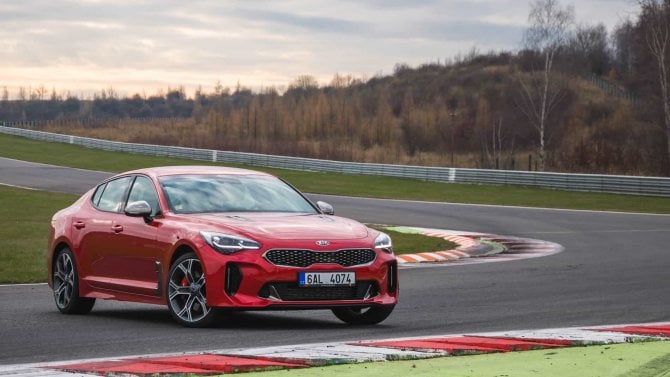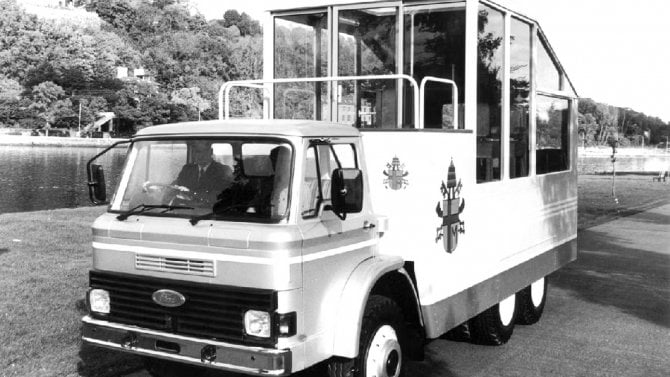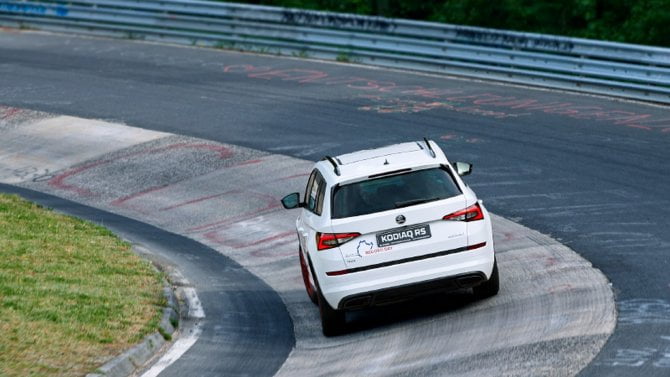By Jan Lopatka
LANY, Czech Republic, Sept 16 (Reuters) - Leaders of the four biggest EU newcomers vowed on Saturday to work more closely to press their interests with a strong voice within the 25-member bloc, which is set to expand still further next year.
President Vaclav Klaus of the Czech Republic hosted his Polish, Hungarian and Slovak counterparts at Lany castle, west of Prague, for a summit of the Visegrad Four group to identify issues where a common approach would not be riven by diverging national agendas.
"There are common interests, based on our geographical closeness, our past experience, our European Union membership today," Klaus said.
"There is a reason for us ... to formulate our positions, to be able to agree them beforehand, so we can present them with a stronger voice of four countries in the EU when needed," he told a news conference.
The group, a loose alliance which has often lacked clout because of internal differences, was set up after the collapse of Communism in 1989, which left the region void of any political grouping and the countries sharing the challenges trying to join the EU and NATO.
After EU entry in 2004, the question of the need for the group arose again. Bulgaria and Romania are aiming to join next year and other states have opened entry talks.
But in the toughest fights over the European constitution, the 2007-2013 EU budget or a battle over sales taxes, Visegrad leaders fell back to national defence lines.
"There were hopes it would work as a bloc inside the EU ... but there were have not been many tangible results," said David Kral of the Europeum think-tank in Prague.
A stumbling block now may be the diversity of governments in charge. The new Slovak coalition formed after election in June includes nationalists hostile to the Hungarian minority, which has raised tensions between the two countries.
One common point discussed at the summit was pressing the old members to open the border control-free "Schengen" area to the newcomers as planned in 2007. The European Commission has already said there would be delay, blaming technical issues.
"There is a common disagreement of all our countries on potential delay of our entry into Schengen," said Polish President Lech Kaczynski, adding the countries needed to fight for equal treatment of all members.
The group is named after the Hungarian town where Czech, Polish and Hungarian kings met in 1335 to discuss cooperation. ((Reporting by Jan Lopatka, editing by Alison Williams; prague.newsroom@reuters.com; Reuters Messaging: jan.lopatka.reuters.com@reuters.net; +420-224 190 474))
Keywords: EUROPE EAST VISEGRAD




 Koupili si dům u závodního okruhu v Mostě, pak si začali stěžovat, že tam jezdí závodní auta a je tam hluk
Koupili si dům u závodního okruhu v Mostě, pak si začali stěžovat, že tam jezdí závodní auta a je tam hluk
 Snad na to nebude mít Filip Turek špatný vliv. Většina řidičů se na českých silnicích cítí bezpečně
Snad na to nebude mít Filip Turek špatný vliv. Většina řidičů se na českých silnicích cítí bezpečně
 Kola místo papežského stolce: Dopravní historie hlavy katolické církve
Kola místo papežského stolce: Dopravní historie hlavy katolické církve
 Youtuber vzal na Ring obyčejnou Škodovku. Byl by schopný překonat oficiální rekord automobilky
Youtuber vzal na Ring obyčejnou Škodovku. Byl by schopný překonat oficiální rekord automobilky
 Policie vyráží na koledu. Velikonoční dopravně bezpečnostní akce startuje dnes a končí v pondělí
Policie vyráží na koledu. Velikonoční dopravně bezpečnostní akce startuje dnes a končí v pondělí
